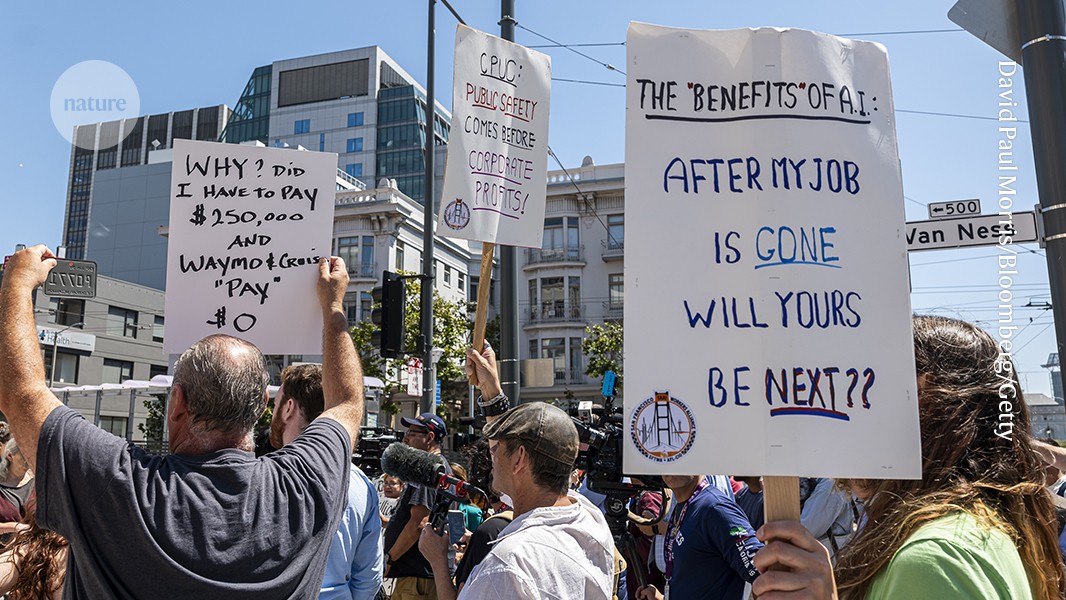
"However, given the scale of investment in AI, the public needs to have a clear grasp of what the technology really means for our future, especially if the economy were to start haemorrhaging jobs. Kasy's book, which serves as an introductory crash course, suggests that by developing basic literacy about how AI works and what prediction engines do, people can learn to distinguish genuine progress from corporate spin."
"He also argues that the public should see the AI roll-out as a pressing issue of growing inequality and concentrated power. Indeed, the book's title alludes to political theorist Karl Marx's argument that whoever controls the 'means of production' controls the structure and direction of society. Broader public debate over who gets to pick the objectives of AI systems is crucial, he argues."
Polarized views on artificial intelligence stem from competing financial and political interests, with techno-enthusiasts funded by investors and executives promoting unregulated deployment while alarmist narratives receive large donations. Massive investment in AI creates stakes for labor, productivity, and inequality if jobs are lost. Basic public literacy about prediction engines and how AI works allows people to separate genuine technical progress from corporate spin. Control over AI objectives determines who benefits, concentrating power in the hands of platforms and firms. AI-driven prediction systems already shape hiring, content distribution, and military targeting, making broader public debate over objectives and regulation essential.
Read at Nature
Unable to calculate read time
Collection
[
|
...
]